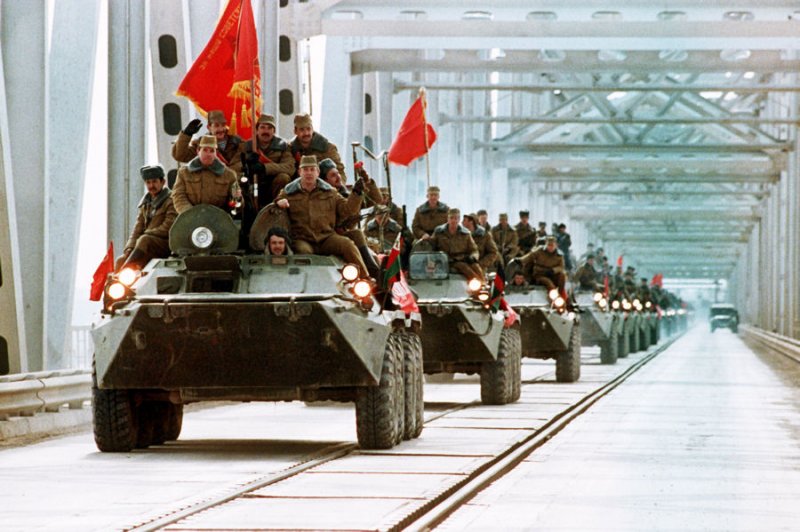
Introduction
Afghanistan remains at the forefront of international concern, particularly following the Taliban’s return to power in August 2021. The significance of this topic cannot be overstated, as the country’s humanitarian crisis has escalated dramatically, with millions of Afghans facing severe food insecurity, lack of healthcare, and displacement. Understanding the current situation in Afghanistan is crucial for global audiences, as the implications extend beyond its borders, affecting regional stability and global humanitarian efforts.
Current Humanitarian Crisis
In recent months, the United Nations has reported that around 24.4 million people in Afghanistan, equivalent to nearly 60% of the population, require urgent humanitarian assistance. This dire situation is exacerbated by the collapse of the economy, which has been significantly impacted by international sanctions and the withdrawal of foreign aid. The World Food Programme (WFP) has warned that approximately half of Afghanistan’s population will likely face acute hunger this winter, making it one of the worst food crises globally.
International Response
Despite the urgent need for assistance, the international community faces challenges in providing aid due to the Taliban’s governance. Several countries, including Canada, have pledged support but emphasize that any assistance must respect human rights, particularly regarding women’s rights and freedom of expression. Recent reports indicate that women and girls continue to face severe restrictions, including a ban on secondary education, which has drawn widespread condemnation from human rights organizations.
Geopolitical Implications
Furthermore, Afghanistan’s situation also has geopolitical ramifications. The Taliban’s regime has strengthened ties with countries such as China and Russia, who see the potential for economic partnerships amidst Western withdrawal. This shift raises concerns about how these relationships might influence regional security dynamics, particularly concerning terrorism and the potential rise in extremist groups entering and operating within Afghanistan.
Conclusion
As Afghanistan grapples with severe humanitarian needs and complex geopolitical shifts, the importance of international attention and action cannot be overstated. The upcoming winter months will prove critical as agencies work to provide relief while navigating the challenges posed by the Taliban. Moving forward, enhanced dialogue among international stakeholders is essential to ensure the delivery of aid and to advocate for the fundamental rights of Afghan citizens, particularly women and children. The implications of our response to Afghanistan will resonate well beyond its borders, impacting global humanitarian efforts and international security for years to come.



